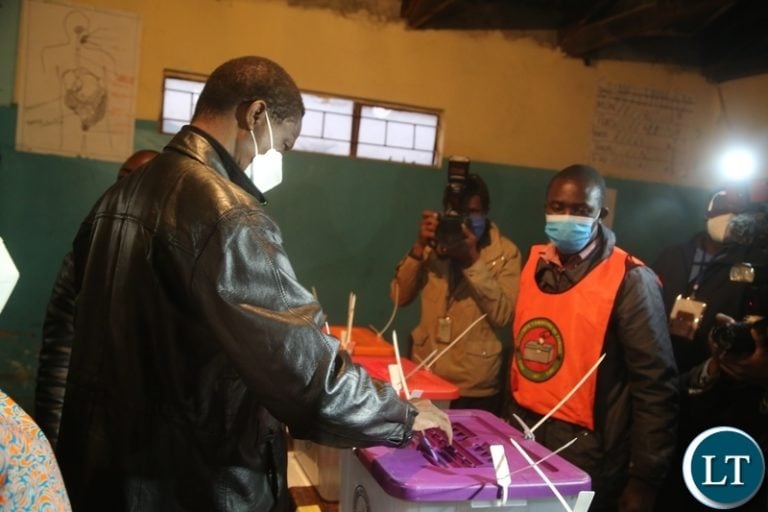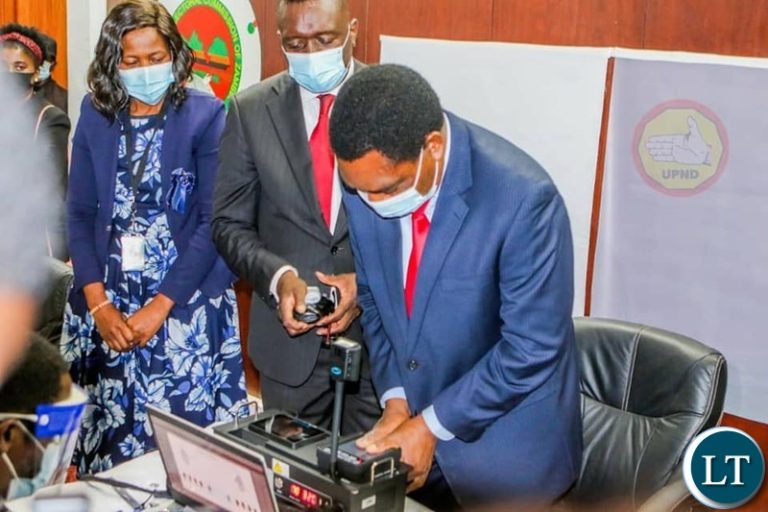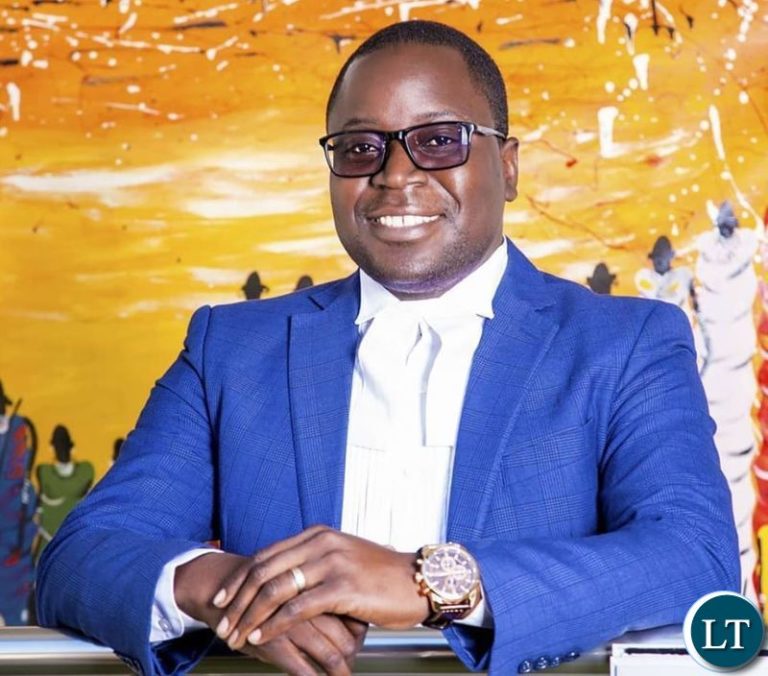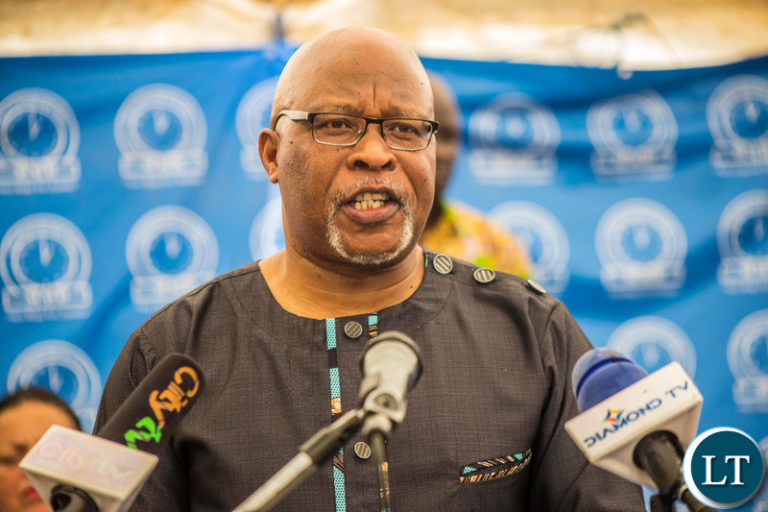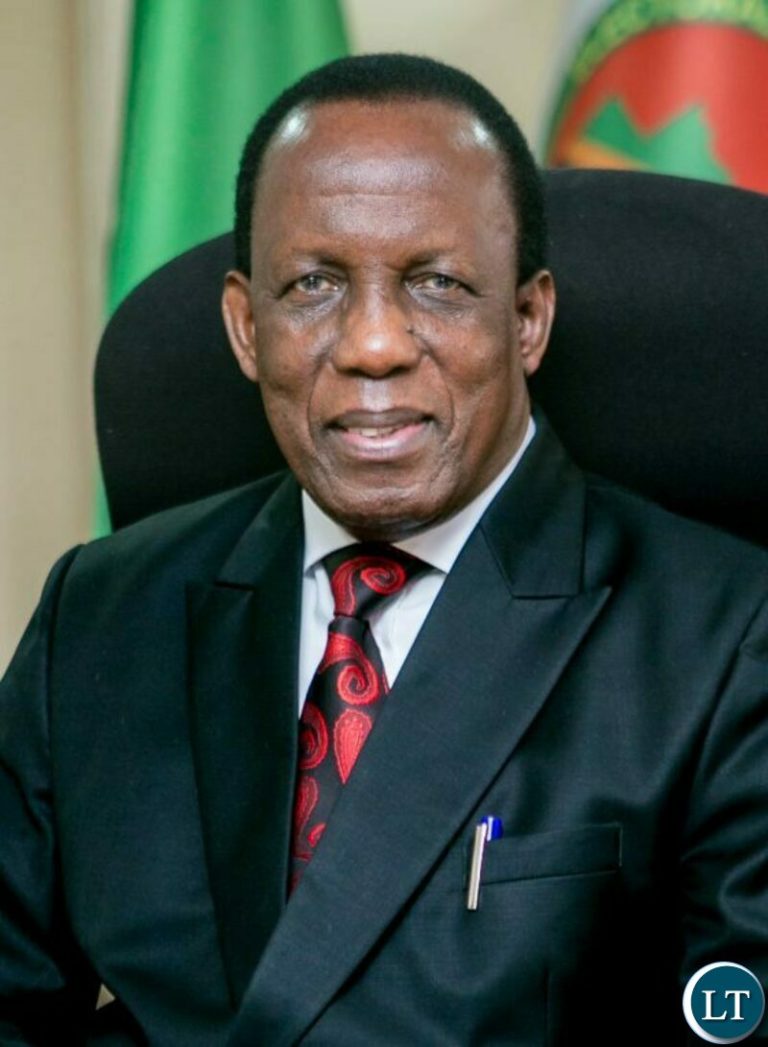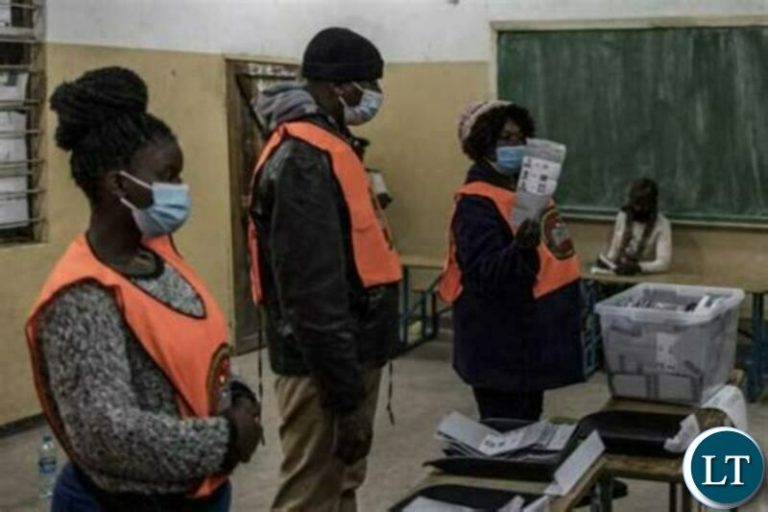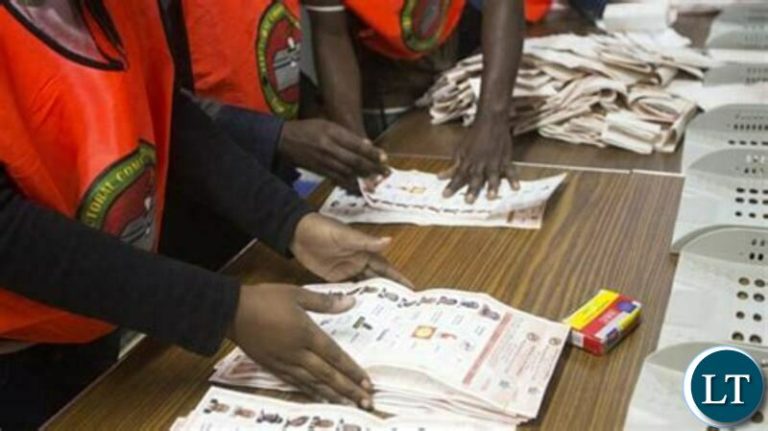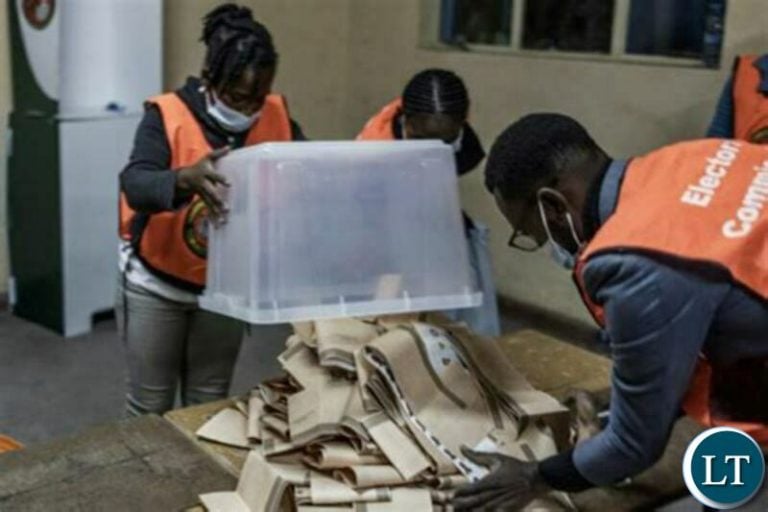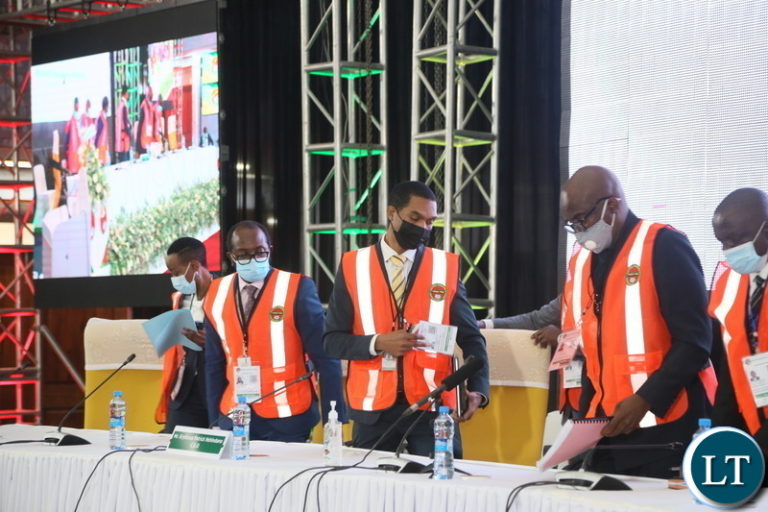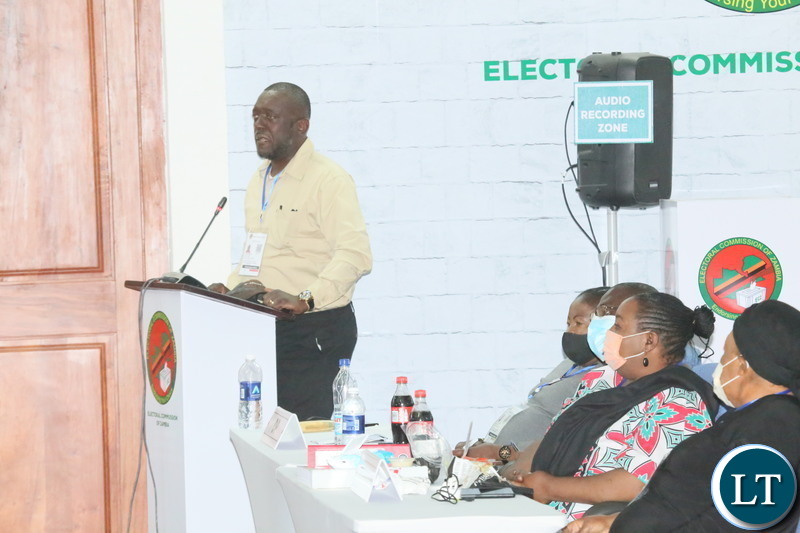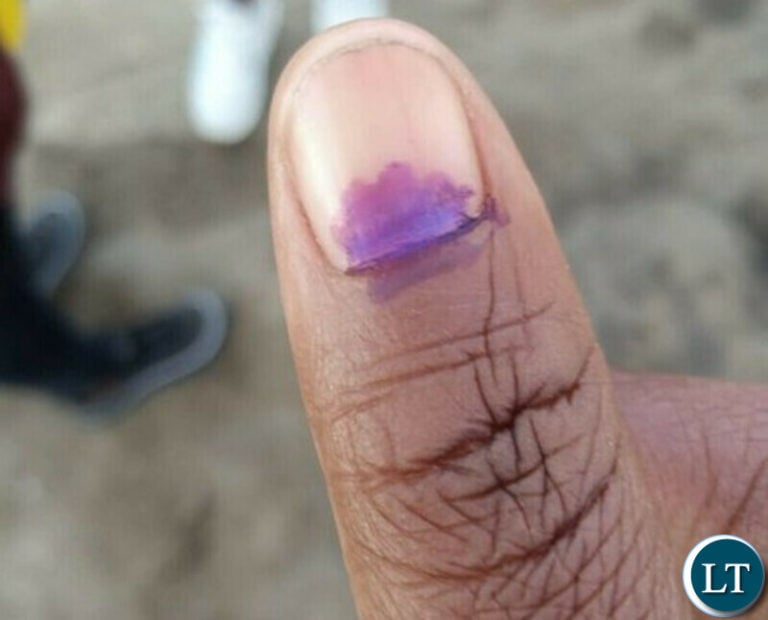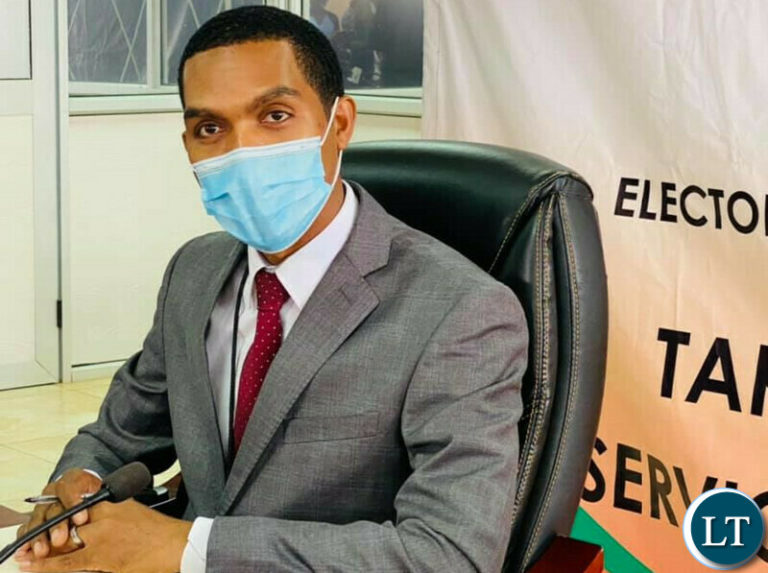The opposition United Party for National Development (UPND) alliance has scooped the Malambo Parliamentary seat in Mambwe district in Eastern Province.
UPND candidate Peter Phiri scored 14,951 valid votes against his immediate opponent Makebi Zulu of the Patriotic Front who came in the second position with 8,859 valid votes.
Oscar Musonda, returning officer for Malambo constituency declared Phiri as winner. Mr Musonda further said 1,477 votes were cast out of which, 956 were rejected.
The counting of votes continues in other constituencies.
Meanwhile, the Center for Young Leaders in Africa has expressed happiness with the high voter turnout in this year’s presidential and general elections.
Edwin Mabezele, an observer who monitored the process in Munali constituency, said this year’s elections were peaceful and free and not characterized by any form of violence, harassment or intimidation as reported by monitors across the country.
He noted that this year’s elections were very accurate with less disputes and transparency such as bringing of the ballot boxes being counted at the same polling stations and everyone getting to know the result after counting.
“It is our hope and prayer this tranquility and order that have characterized the polling station should continue until tallying and declaration of results is done,” Mr Mabezele said.
Mr Mabezele further noted that it is the first time in the history of Zambia that the youths have turned up in numbers to vote.
“These elections have been so exciting because the process that Electoral Commission of Zambia (ECZ) has put in place although there certain loopholes which needs to be tightened up by the commission, such as the issues of stolen ballot papers being found with some people,” Mr Mabezele noted.
Results are still being announced in various totaling centers while counting of ballot papers is currently going on across the Country.
And Northwestern province Anti-Voter Apathy Project Coordinator, Cranes Kasito has condemned the killing of Patriotic Front (PF) provincial chairperson, Jackson Kungo by a mob at Kyawama secondary school polling station.
Pastor Kasito said he condemns the violence that happened at Kyawama in which the PF chairperson was killed and also the violence at Kandemba where one candidate for one of a named political party was beaten and others injured.
“We condemn the violence that happened in Kyawama yesterday which caused one death…I think we also had an issue in an area like Kandemba where the aspiring candidate for one political party was beaten… all those issues put together… I think we really condemn the violence that has been going on”, he said.
Pastor Kasito said such acts were un-Zambian and well-meaning citizens should condemn the act.
Meanwhile, Pastor Kasito has attributed the delay in finishing the totaling of the results at the totaling centre in Solwezi district to the conversion of the streams into polling stations.
Pastor Kasito explained that before, streams were transformed into polling stations, the process was quick.
“There is a delay in almost all the districts… even the districts that I have been able to contact…like Mufumbwe…I have been speaking to Mufumbwe there is a delay,” he said.
The announcing of results at Solwezi totaling centre is still on on-going.


